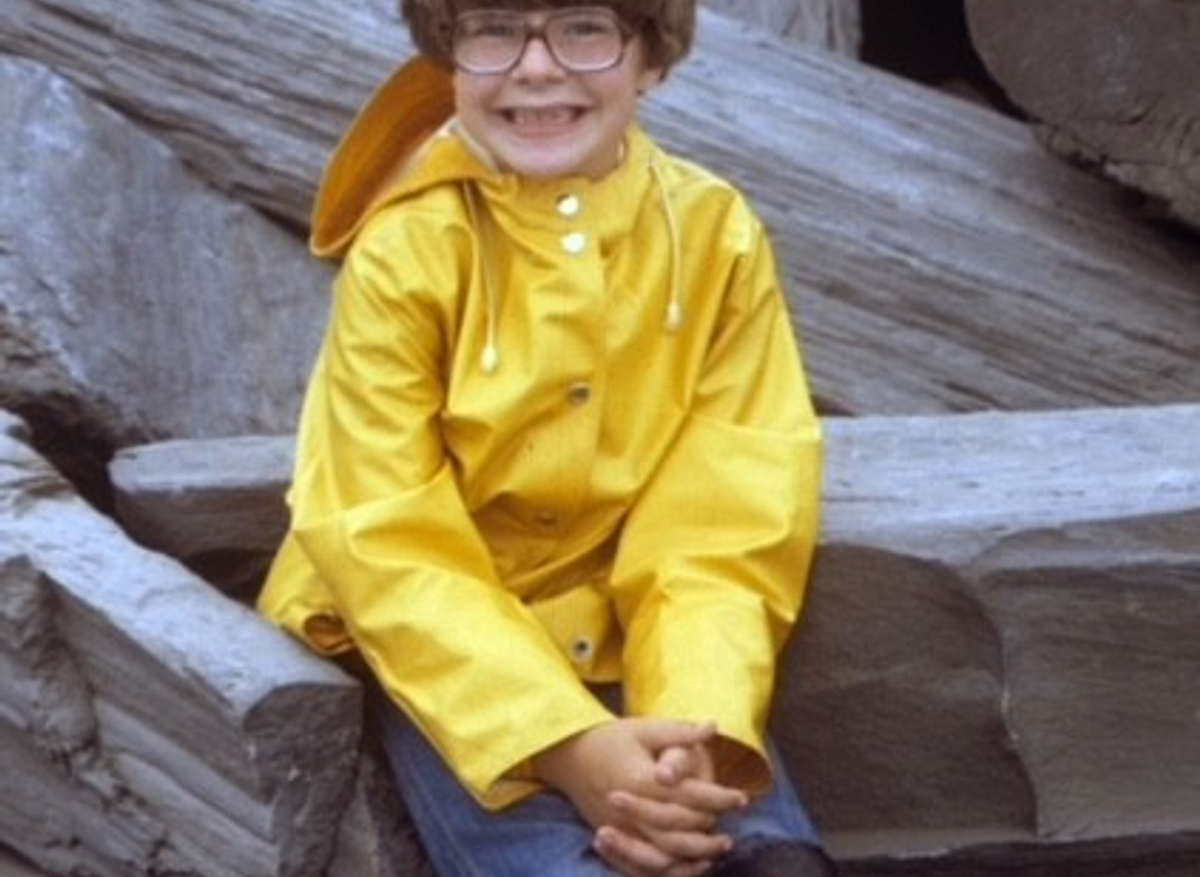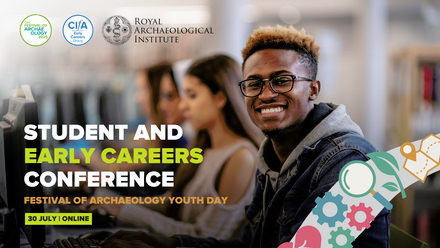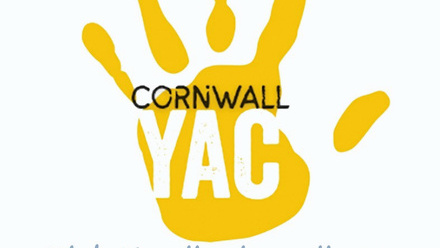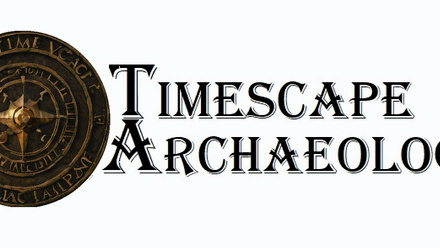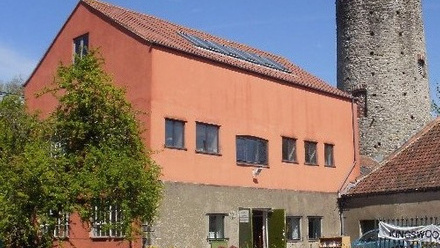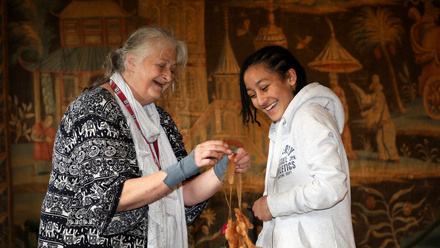In fourth grade, my class embarked on a pretend archaeological dig of an ancient Roman home. The object we ‘unearthed’ was a 6-inch cupped, curved scraper. Told that it had been used in the bath and armed with questions supplied by our teacher to kick off our inquiry, we struggled, giggled, and puzzled over its possible purpose. We failed to figure it out—our young minds couldn’t conceive of the utility of such an odd instrument—and were intrigued to discover that it was a strigil. Covering your body in oil and scraping it off with the strigil to clean it seemed counterintuitive (and a bit gross!) but learning that ignited animated discussions among my friends about bathing, Roman athletes, and the lives of ancient Romans.
That lesson sparked a lifelong curiosity about history, diverse cultures, and our shared humanity and was the reason I studied anthropology in college. Each time I wanted a new professional challenge, I looked for opportunities to marry that curiosity with the mission of an organization—so I was intrigued when a recruiter contacted me to tell me the Archaeological Institute of America was searching for an Executive Director and delighted when I landed the job in late winter 2020.
To be clear, I’m not an archaeologist, so my days are far from the thrill of an archaeological discovery or the immersive pleasure that comes from substantive research. I write, send, receive, and respond to a never-ending stream of emails, attend numerous Zoom meetings with staff and Board members, and manage a mountain of details while trying to keep the organization focused on our strategic priorities. My primary responsibility is the financial success of the organization, which means I need to ensure that we’ve got more money coming into the organization than is going out. I could do this work at any non-profit, but with the AIA, I feel like whatever strategic or tactical project I’m working on connects me to the long arc of human history and moves us closer to understanding our shared humanity and the immense diversity of human cultures. It also connects to the curious kid in me and the excitement I felt learning about how people lived centuries ago. Each conversation with a donor, every meeting, email, or public program, no matter how important or pedestrian, is in service to supporting professional archaeologists, advancing the field of archaeology, and educating the public about the significance and excitement of archaeological discovery. That feels meaningful and substantive, and I’m grateful to be leading the AIA.
Rebecca W. King
Executive Director
Archaeological Institute of America
Contact details
Rebecca W. King
Archaeological Institute of America

